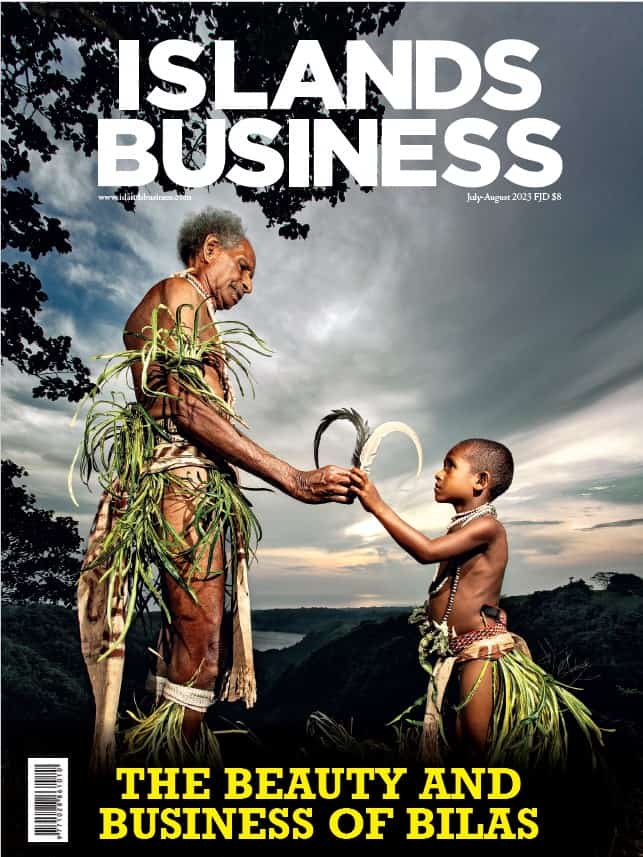The resilience of the Pacific’s water services is not just about climate proofing existing and future infrastructure, but also ensuring the appropriate technology is being put in, and that there are the right people on the ground to maintain and run it.
That’s the view of Paul Cobbin, a Director of the Pacific Water and Wastewater Association (PWWA) and CEO of Hydroflux Pacific.
PWWA members are meeting in Palau at the end of August to discuss ‘Resilient Water and Climate Change’. Since their last gathering, Pitolau Lusia Sefo-Leau has been reappointed as . . .
Please Subscribe to view full content...
